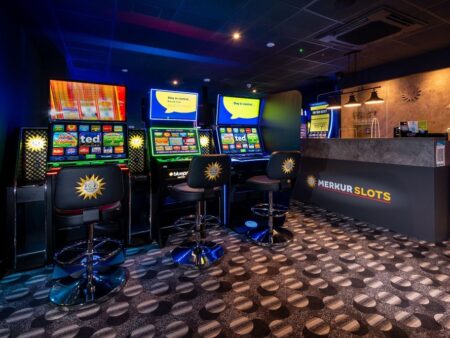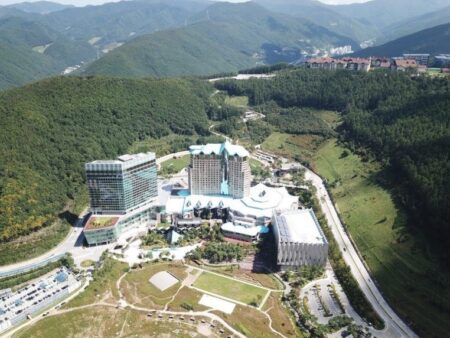This past weekend marked a poignant milestone in Macau, as the Taipa Racecourse hosted its final horse races, concluding a 40-year tradition in the renowned gambling hub. The decline in the popularity of horse racing in Macau, exacerbated by the pandemic’s lasting impacts, prompted the city government to terminate its contract with the Macau Jockey Club (MJC) 18 years earlier than planned.
In January, Secretary for Administration and Justice Cheong Weng Chon explained the decision, stating that horse racing no longer aligned with the “developmental needs of society” and had seen diminishing interest among locals and tourists alike. This decision followed substantial financial losses by the MJC, which totaled over $311 million last year.
The Macau Horse Racing Company (MHRC) will now focus on rehoming the horses and providing severance packages to its employees, as the MJC was one of Macau’s largest private employers, with about 1,100 workers.
The land currently housing the racecourse will revert to government control, with no plans to develop another racetrack. Instead, there is speculation that the site might be transformed into a venue for international sports events, reflecting a shift towards more globally appealing types of entertainment.
Horse racing, while waning in Macau, continues to thrive in nearby Hong Kong, underscoring the regional variations in entertainment preferences. As Macau moves away from horse racing, it highlights the importance of adapting to changing tastes and market conditions—a lesson that can resonate with gaming enthusiasts globally. For those interested in exploring more about diverse gaming environments, the dynamics of UK casinos offer insights into how different regions manage their gambling and entertainment industries within the context of local and tourist interests.
As Macau redefines its entertainment offerings, the global gaming community watches closely, intrigued by how these changes might influence broader trends in the industry.


